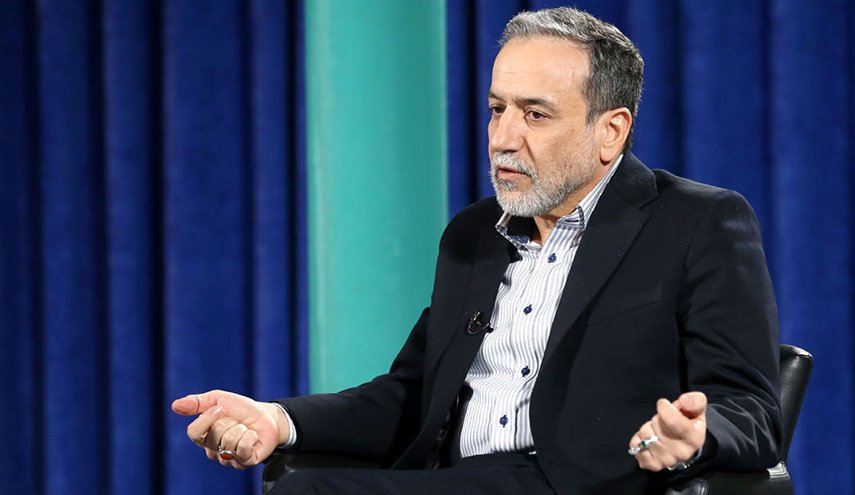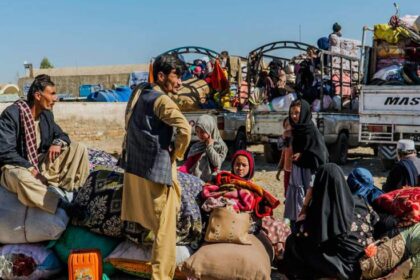RASC News Agency: Abbas Araqchi, Iran’s Deputy Foreign Minister, has sharply criticized the Taliban for their systematic disregard of the religious rights of Afghanistan’s Shi’a population over the past four years. In an interview with the state-run IRNA news agency, Araqchi stressed that, despite Tehran maintaining working-level relations with the Taliban, the group remains far from formal international recognition. Araqchi noted that cross-border cooperation between Iran and Afghanistan has shown limited improvement under the Taliban, particularly concerning water-sharing agreements. Nevertheless, he emphasized that these arrangements remain below Tehran’s expectations. While the present level of diplomatic engagement is “acceptable,” Iran continues to dominate as Afghanistan’s largest trading partner. Recent commentary in Iran’s state-affiliated newspaper, Jomhouri Islami, has gone further, describing Tehran’s initial policy toward the Taliban as “misguided,” labeling the group “brazen,” and warning that it may align with actors hostile to Iran.
Domestically, however, the Taliban’s record is far more troubling. Shi’a religious leaders and community representatives have repeatedly demanded the recognition of religious freedoms, including the formal teaching of Ja’fari jurisprudence alongside the Hanafī curriculum in schools and universities within Shi’a-majority regions. These requests have largely been ignored. Instead, the Taliban have entrenched policies of sectarian exclusion: in Shi’a-dominated areas, Hanafī law is imposed as the sole curriculum, and public Shi’a religious rituals including Ashura commemorations have been restricted to confined spaces in Kabul and several provinces. These measures have provoked widespread condemnation from Afghanistani Shi’a scholars and religious authorities.
Under the previous Afghanistani government, Ja’fari jurisprudence was officially integrated into schools and higher education institutions in Shi’a-majority regions, reflecting a broader recognition of religious diversity. Its removal under the Taliban has exacerbated fears over the erosion of religious freedoms, systemic discrimination, and the broader violation of citizen rights. Observers note that while the Taliban may seek to cultivate an image of pragmatism and cooperation for strategic neighbors like Iran, their internal governance remains rigidly sectarian and exclusionary. Non-Hanafī religious minorities, particularly Shi’a communities, continue to face institutionalized marginalization. In practice, the Taliban’s external diplomacy masks an agenda centered on sectarian control, suppression of fundamental rights, and the monopolization of state power.
This ongoing pattern of religious repression underscores a broader truth: four years into their rule, the Taliban have entrenched a regime defined not only by political authoritarianism but also by systematic social and religious oppression, threatening the very fabric of Afghanistani society and imperiling centuries of pluralistic tradition.






